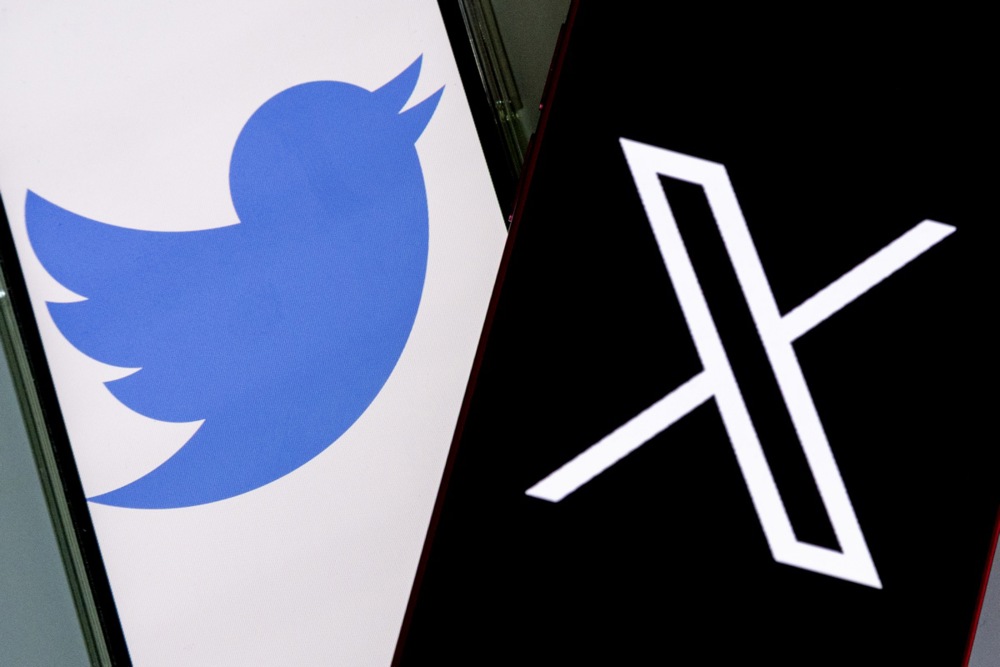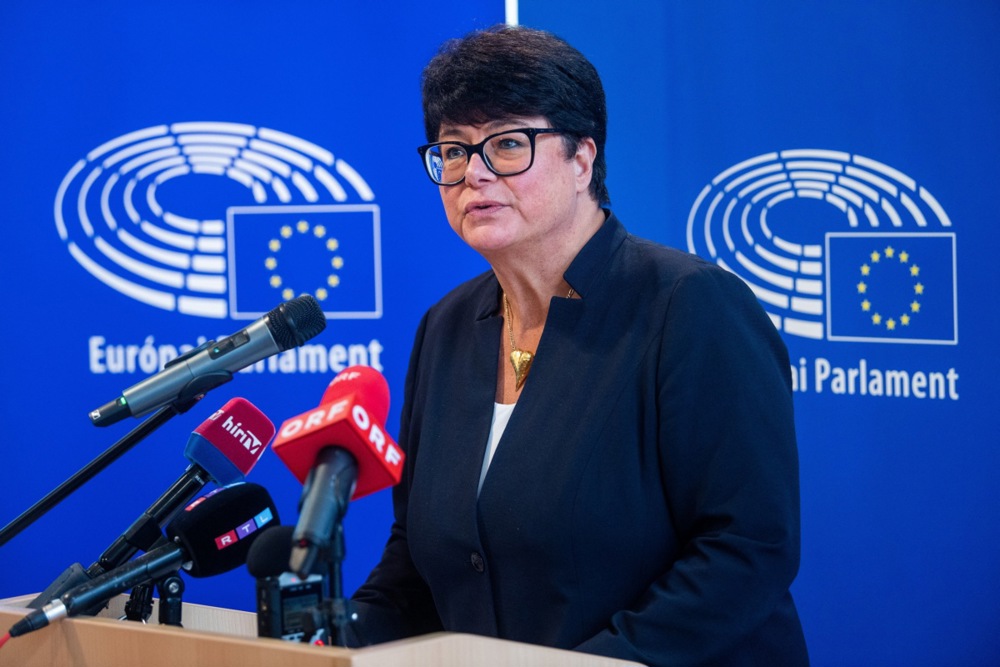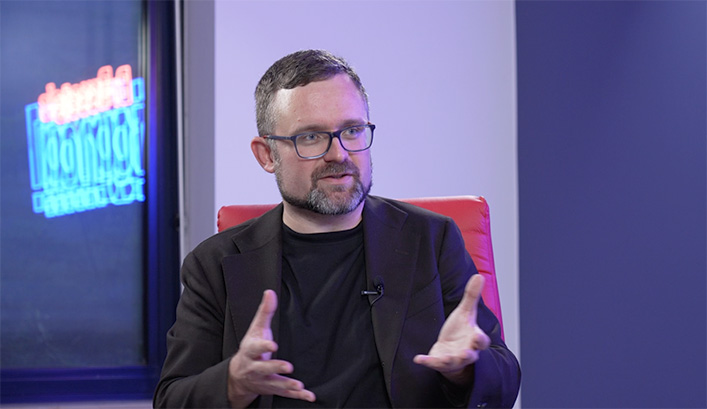More than 100 prominent intellectuals and academics have written a collective statement, called the Westminster Declaration, regarding threats against free speech through what they termed “disinformation labels”.
They took particular aim at the European Union’s controversial Digital Services Act, which they dubbed “censorial”, warning of “increasing international censorship that threatens to erode centuries-old democratic norms”.
The signatories expressed concern about “attempts to label protected speech as ‘misinformation,’ ‘disinformation,’ and other ill-defined terms”.
Their statement said abuse of these terms had resulted in the censorship of ordinary people, journalists and dissidents in countries worldwide.
“Soon, the European Union’s Digital Services Act will formalise this relationship by giving platform data to ‘vetted researchers’ from NGOs and academia, relegating our speech rights to the discretion of these unelected and unaccountable entities.”
The statement’s signatories include include Canadian psychologist and author Jordan Peterson, Scottish historian Niall Ferguson, Russian-British satirist and author Konstantin Kisin, British comedian John Cleese and Julian Assange, the Australian founder of WikiLeaks.
They noted that “across the globe, government actors, social media companies, universities, and NGOs are increasingly working to monitor citizens and rob them of their voices”.
“These large-scale co-ordinated efforts are sometimes referred to as the ‘Censorship-Industrial Complex’.
“This complex often operates through direct government policies. Authorities in India and Turkey have seized the power to remove political content from social media,” the statement said.
“The legislature in Germany and the Supreme Court in Brazil are criminalising political speech. In other countries, measures such as Ireland’s ‘Hate Speech’ Bill, Scotland’s Hate Crime Act, the UK’s Online Safety Bill, and Australia’s ‘Misinformation’ Bill threaten to severely restrict expression and create a chilling effect.
“But the Censorship Industrial Complex operates through more subtle methods. These include visibility filtering, labelling, and manipulation of search engine results,” the signatories warned.
“Through de-platforming and flagging, social media censors have already silenced lawful opinions on topics of national and geopolitical importance,” they added.
“They have done so with the full support of ‘disinformation experts’ and ‘fact-checkers’ in the mainstream media, who have abandoned the journalistic values of debate and intellectual inquiry.”
Referring to the so-called Twitter Files, the signatories said it was shown that tech companies often perform “censorial ‘content moderation’ in co-ordination with government agencies and civil society”.
“Soon, the European Union’s Digital Services Act will formalise this relationship by giving platform data to ‘vetted researchers’ from NGOs and academia, relegating our speech rights to the discretion of these unelected and unaccountable entities.
“Some politicians and NGOs are even aiming to target end-to-end encrypted messaging apps like WhatsApp, Signal, and Telegram. If end-to-end encryption is broken, we will have no remaining avenues for authentic private conversations in the digital sphere,” the statement said.
In a more dramatic way, the signatories claimed: “The attack on speech is not just about distorted rules and regulations – it is a crisis of humanity itself.
“We do not want our children to grow up in a world where they live in fear of speaking their minds,” they said.
“We want them to grow up in a world where their ideas can be expressed, explored and debated openly – a world that the founders of our democracies envisioned when they enshrined free speech into our laws and constitutions.”
The statement urged governments and international organisations to uphold Article 19 of the Universal Declaration of Human Rights, for tech corporations to protect the digital public arena and avoid politically motivated censorship.
It also advocated for open debate and for the public to support free speech and reject intolerance.
Other notable signatories included the National Security Agency whistleblower Edward Snowden, British Professor Richard Dawkins, Slovenian philosopher Slavoj Žižek, former Greek finance minister Yanis Varoufakis, US philosopher Peter Boghossian, Somali-born Dutch-American activist Ayaan Hirsi Ali and British journalist Peter Hitchens.





